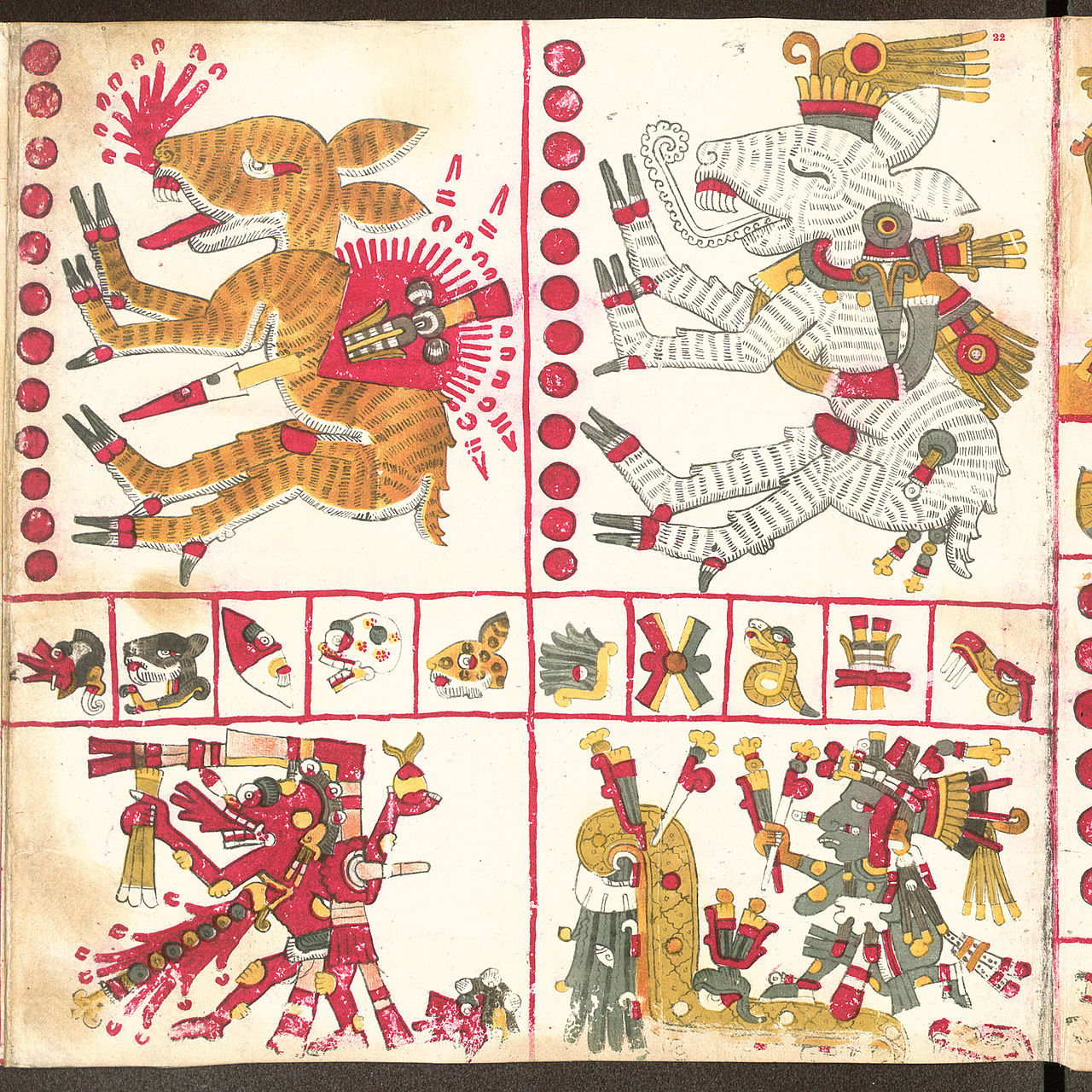I thought the warlock might appeal because its not like a cleric that you have to roleplay having some sort of transcendental faith.
For example I have a Warlock whose power was gifted to her by a celestial phoenix due to the actions of an ancestor. She respects it, but she doesn't worship it like a cleric.
OK. Why do you hate divine soul sorcerors? If you accept that magic power can be innate to some creatures, then its not much of a leap to think that sometimes a PC race has that power.
Eberron has a couple of non-worship religions: The Silver Flame and Blood of Vol. One doesn't care whether you worship it on not, just that you're willing to defend others from evil. The other believes that you have all the power you need within you: you just have to unlock it.
Dark Sun absolutely can have Artificers:
A Halfling Lifebinder that has created plants whose seeds can invigorate you, or burst with acid. Their body is covered with vines that grow around them and into their skin, granting them additional powers.
A Thri-Kreen covered in fetishes crafted from the bones of its previous prey. Its gythka thums with psionic power and it is accompanied by a manifestation looking like a beetle made up of plates of force with a piece of amber suspended within it.
A human hermit walks out of the desert, the crystals dangling from their harness swaying and chiming in the nonexistent breeze. Focusing their latent pyrokinesis through a long chunk of quartz, a point in the air a short distance away resonates with the same energy, then superheats and explodes into plasma.
If you're asking where the concept of the "combat lutist that sings to be heard over their clothes" comes from, we probably need to blame Gygax.

If you're asking about where their magic comes from, then you have to have an idea as to where any magic comes from. - And you haven't told us what yours is.








